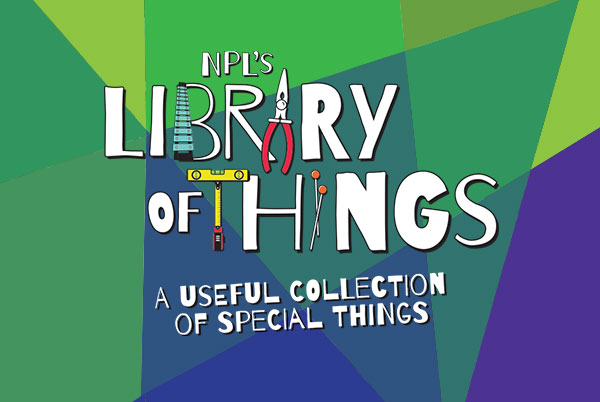
The end of Summer Challenge is bittersweet. It means school is starting up and the prizes have all been awarded. The good news is there’s a new Star Trek show premiering this fall, with a whole new cast and a whole new mission. Before the franchise begins this new chapter, let’s take another look at its past.
Every iteration of Star Trek has featured some variation of “the crew appears in an alternate timeline and have to perform as different versions as themselves before finding their way home” trope, but none are as effective or affecting as Deep Space Nine’s “Far Beyond the Stars”.
After a series of increasingly vivid hallucinations, Captain Benjamin Sisko (Avery Brooks) is transformed into Benny Russell, a science fiction writer in 1950s New York. The rest of the crew is transformed, too, into Russell’s friends, coworkers, and antagonists.
We see characters like Odo (Rene Auberjonois) as Russell’s editor, Douglas Pabst, and Gul Dukat (Marc Alaimo) as Burt Ryan, a detective who harasses Russell on his way to work. These actors are normally obscured by the heavy makeup required by their characters, but seeing their actual faces only serves to make them more alien.
When Russell writes a story called “Deep Space Nine” featuring a character named Captain Benjamin Sisko, his co-workers are all taken with the story, but the editor refuses to publish it because the protagonist, like Russell, is African-American. This episode makes no attempt to disguise its message in allegory or metaphor, and the racism Russell experiences isn’t a temporal anomaly that’s explained away by the end of the episode. It’s as real as it was in the 1950s when the story is set, in the 1990s when the episode aired, and today.
Some of the best Star Trek episodes don’t take place in space, but no matter their setting, they try to show us a better world. That world may be thousands of light years and a few centuries away from our own, but it’s always worth striving for, whether it’s Summer Challenge or not.




